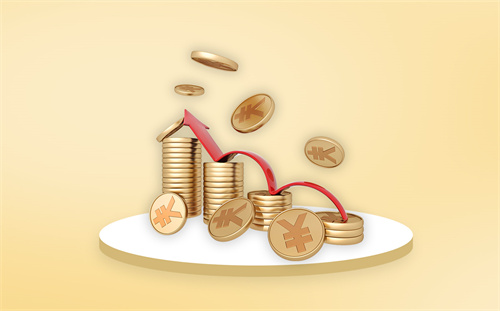People shop at a shopping mall in Changchun, northeast China"s Jilin Province, Jan. 23, 2023. (Xinhua/Xu Chang)
by Xinhua writer Zhou Qianxian
BEIJING, Feb. 20 (Xinhua) -- China"s economic recovery momentum is being sustained after reopening, as the country"s growth-focused policy pragmatism has revived the business and job confidence, Morgan Stanley Chief China Economist Robin Xing told Xinhua in a recent interview.
 (相关资料图)
(相关资料图)
"We see GDP growth reaching 5.7 percent in 2023, contributing 40 percent of global economic growth," Xing said.
Real private consumption appears set to grow over 9 percent from a low base, lifting headline GDP by 3.8 percentage points, as the job market recovery boosts incomes, normalizes consumption appetites, and possibly reduces excess savings, he added.
One concern about the Chinese economy used to be that, despite reopening, people might continue to worry about COVID and not return to normal life. Hence, their collective actions would lead to some permanent scars in consumption.
"However, incoming data on consumption and mobility during the Chinese New Year holiday, combined with our latest survey, have likely put such concerns to rest," Xing said.
On two key determinants of consumption -- wallet size and propensity to consume -- the latest survey conducted by Morgan Stanley during the last week of January shows continued improvement. Consumers reported a rosier job market outlook, anticipating a higher 8 percent income growth in 2023. Meanwhile, intention to spend rose, with 24 percent looking to increase spending.
According to Xing"s estimates, excess savings worth 3 to 4 trillion yuan (about 582.7 billion U.S. dollars) have been accumulated since the pandemic, which is equivalent to 7 to 9 percent of annual household consumption.
"The bulk of this extra saving is precautionary as consumers saved more because of uncertain income outlook, and this process could be partially reversed," he said.
Data also shows the Spring Festival travel rush reached 90 percent of the pre-COVID level and domestic flight capacity and intracity mobility have largely normalized.
"Reopening is not just about travel," said Xing, adding that in-person interaction is a core part of facilitating business transactions in China, and it was frozen for the most part in 2022.
In terms of the housing downturn, Xing believes it is unlikely to take a lasting toll on the economy, as stronger housing support on both demand and supply should mitigate downward pressure on home prices this year.
Xing also noted that a supportive business environment will likely continue to prevail as the policymakers repeatedly clarified that the government would promote wealth creation and private entrepreneurship to boost business confidence.
Moreover, the Chinese government aims to promote economic growth beyond the near term to counter structural headwinds of weaker demographics, slower productivity and challenging external backdrop, Xing added.







































































































